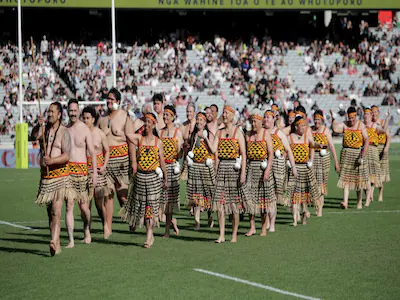Context:
International Day of World’s Indigenous Peoples is observed annually on 9th August.
More on the news
- This year’s theme for the day is, “Protecting the Rights of Indigenous Peoples in Voluntary Isolation and Initial Contact,”.
- This day recognizes the unique cultures, languages, and traditions of Indigenous peoples and their contributions to global diversity and sustainable development.
About World’s Indigenous Peoples
- Around 200 groups of Indigenous Peoples currently live in voluntary isolation and initial contact. They reside in remote forests rich in natural resources in Bolivia, Brazil, Colombia, Ecuador, India, Indonesia, Papua New Guinea, Peru, and Venezuela.
- There are an estimated 476 million Indigenous Peoples in the world living across 90 countries. They make up less than 6 percent of the world’s population but account for at least 15 percent of the poorest.
- They speak an overwhelming majority of the world’s estimated 7,000 languages and represent 5,000 different cultures.
History Background of Indigenous people’s rights
- In 1994, the United Nations General Assembly decided, in its resolution 49/214, that the International Day of the World’s Indigenous People shall be observed on 9 August every year.
- The day was chosen in recognition of the first meeting of the UN Working Group on Indigenous Populations held in Geneva in 1982.
- On 29 June 2006, the United Nations Human Rights Council adopted the Declaration on the Rights of Indigenous Peoples.
- The United Nations Declaration on the Rights of Indigenous Peoples (UNDRIP) was adopted by the General Assembly on Thursday, 13 September 2007.
Also Read:
India’s Renewable Energy Capacity has surged by 165% in a Decade

